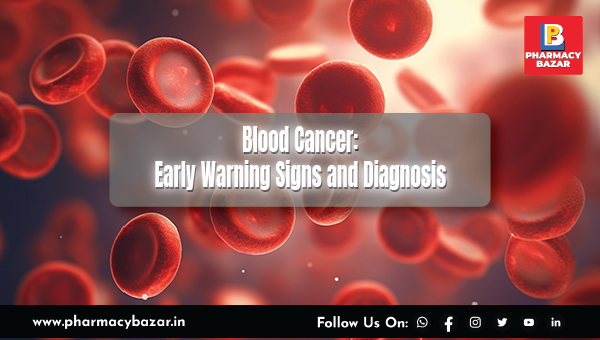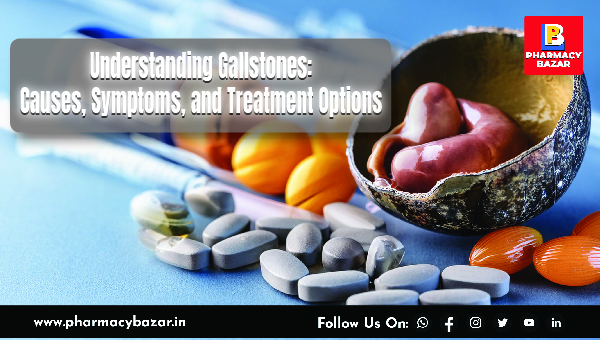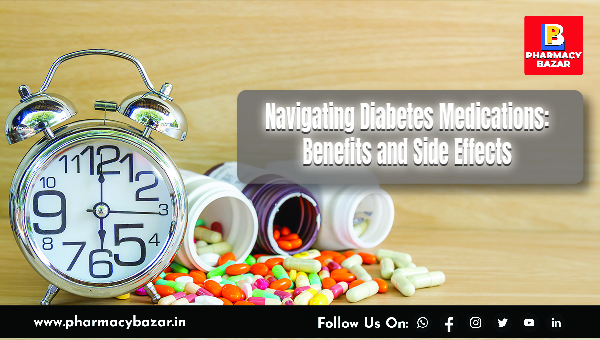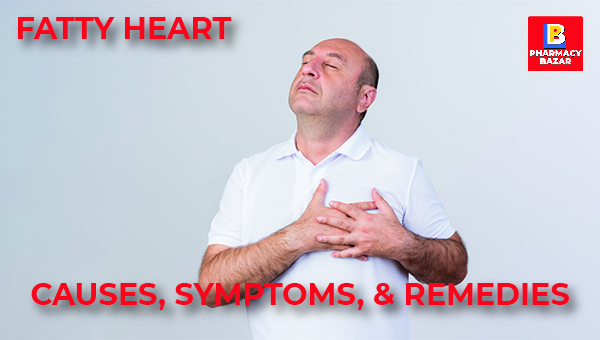UNDERSTANDING FATTY HEART: CAUSES, SYMPTOMS, & REMEDIES
Apr 13, 2023
What is a Fatty Heart?
Fatty heart, also known as cardiac steatosis, is a medical condition in which fat accumulates in the heart muscle. This condition is usually associated with other health problems, such as obesity, type 2 diabetes, high blood pressure, and high cholesterol. A fatty heart can interfere with the heart's ability to function properly, leading to an increased risk of heart disease, heart attack, and heart failure. It is important to manage the underlying health conditions that contribute to a fatty heart and make lifestyle changes, such as:
Obesity: People who are overweight or obese are more likely to develop fatty hearts.
High blood pressure: High blood pressure can cause the heart to work harder and can lead to the accumulation of fat in the heart muscle.
High cholesterol levels: High levels of cholesterol in the blood can contribute to the formation of fatty deposits in the heart muscle.
Diabetes: Diabetes is a risk factor for developing a fatty heart because it can lead to insulin resistance and metabolic changes that affect the heart.
Alcohol abuse: Heavy alcohol consumption can lead to fatty liver disease, which can in turn lead to a fatty heart.
Genetics: Some people may be predisposed to developing fatty hearts due to inherited genetic factors.
Sedentary lifestyle: Lack of physical activity can contribute to the development of a fatty heart, especially when combined with a diet high in saturated and trans fats.
Smoking: Smoking can increase the risk of developing a fatty heart by promoting inflammation and oxidative stress in the heart.
In the early stages, a fatty heart may not cause any symptoms. However, as the condition progresses, you may experience symptoms such as:
Shortness of breath during physical activity or when lying down
-
Fatigue and weakness
-
Swelling in the legs, ankles, or feet
-
Rapid or irregular heartbeat
-
Chest pain or discomfort
-
Reduced ability to exercise.
-
Dizziness or lightheadedness
-
Difficulty concentrating
-
Nausea or vomiting
It's important to note that some people with a fatty heart may not experience any symptoms at all. That's why regular check-ups with a healthcare provider are important to identify and manage any potential health issues.
The treatment of fatty heart depends on the underlying cause of the condition. However, here are some general recommendations that may help improve heart health:
-
Lifestyle changes: Adopting a healthy lifestyle can go a long way in managing fatty hearts. This includes regular exercise, a healthy diet, and weight management.
-
Medications: Depending on the underlying condition, medications such as blood pressure-lowering drugs, cholesterol-lowering drugs, and insulin may be prescribed.
Surgery: In severe cases, surgery may be required to remove fatty deposits from the heart.
Monitoring: Regular monitoring of heart function and cholesterol levels may be recommended to ensure that the condition is under control.
It is important to consult with a healthcare professional to determine the best treatment options for a fatty heart based on the individual's specific medical history and condition.
A fatty heart is a serious medical condition that can lead to an increased risk of heart disease, heart attack, and heart failure. It is usually associated with other health problems, such as obesity, type 2 diabetes, high blood pressure, and high cholesterol. However, by making lifestyle changes, taking medications, and undergoing surgery, if necessary, individuals can manage the condition and improve heart health. Regular check-ups with a healthcare provider are also crucial for the early detection and management of potential health issues. With proper care and attention, individuals can live a healthy and fulfilling life, even with a fatty heart.
DISCLAIMER: This article is the property of Pharmacy Bazar and is protected by copyright laws. The information provided in this article is for educational and informational purposes only and is not intended to be a substitute for professional medical advice, diagnosis, or treatment. Always seek the advice of a qualified healthcare provider with any questions you may have regarding a medical condition. Never disregard professional medical advice or delay in seeking it because of something you have read in this article. The author and publisher of this article do not endorse any specific treatments, procedures, or products mentioned in this article.
Recent Post

Blood Cancer: Early Warning Signs and Diagnosis

Understanding Gallstones: Causes, Symptoms, and Treatment Options

Navigating Diabetes Medications: Benefits and Side Effects

Revolutionizing Cancer Treatment: How Unleashing T Cells' Energy Could Transform Immunotherapy

The Power of Lower Back Stretches: Benefits and Best Yoga Asanas for a Healthy Spine

8 Health Conditions That Could Be Due to Magnesium Deficiency

Unlocking Brain Health: How Lifestyle Choices Impact Cognitive Functions

When Speech Takes a Surprising Turn: Unraveling Foreign Accent Syndrome

The Optimal Time to Take Your Vitamin D Supplement: Insights and Best Practices

Beyond Diabetes: Unveiling the Hidden Health Risks of Insulin Resistance

